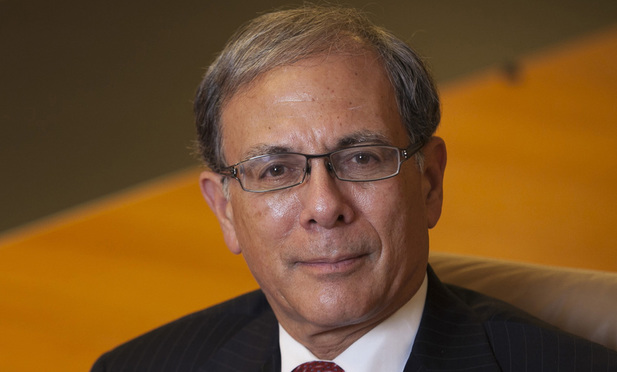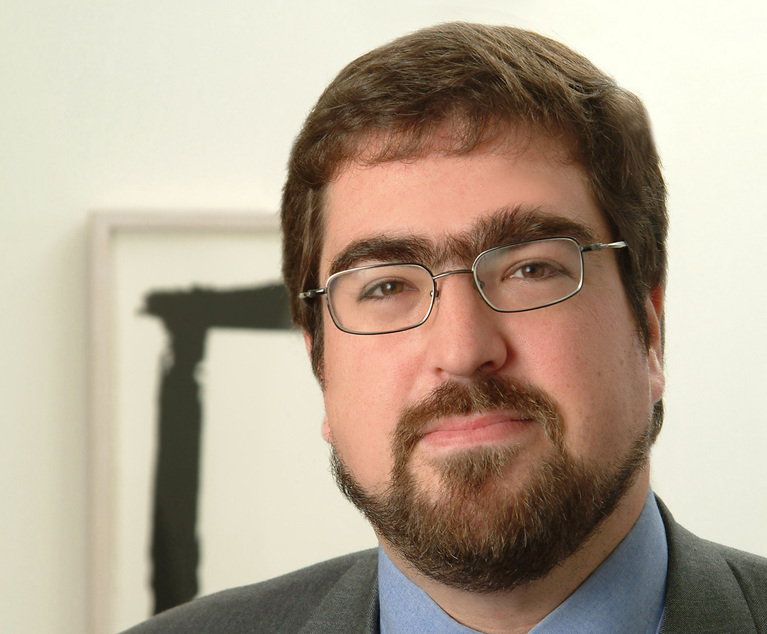A developer had made “preliminary arrangements from 2007 through 2009 with the city of Buffalo to build affordable housing on city owned land and to finance the project in part with public funds.” The project allegedly “died,” because the developer “refused to hire a political ally of the mayor.” The developer sued the city, the city’s Urban Renewal Agency, the mayor, and other city officials. A U.S. District Court had dismissed all of the developer’s claims, either based on Federal Rules of Civil Procedure 12(b)(6) and 12(c) or by summary judgment. The developer appealed. The U.S. Court of Appeals for the Second Circuit (court) affirmed.
The court held that the developers “civil RICO claim against the city officials is barred by common law legislative immunity because the mayor’s refusal to take the final steps needed to approve the project was discretionary legislative conduct, and (developer’s) prima facie case would require a factfinder to inquire into the motives behind that protected conduct.” The court further held that the developer’s “class of one” equal protection claim “was properly dismissed because (developer) failed to allege in sufficient detail the similarities between (developer’s) proposed development and other projects that previously received the city’s approval.”
This content has been archived. It is available through our partners, LexisNexis® and Bloomberg Law.
To view this content, please continue to their sites.
Not a Lexis Subscriber?
Subscribe Now
Not a Bloomberg Law Subscriber?
Subscribe Now
LexisNexis® and Bloomberg Law are third party online distributors of the broad collection of current and archived versions of ALM's legal news publications. LexisNexis® and Bloomberg Law customers are able to access and use ALM's content, including content from the National Law Journal, The American Lawyer, Legaltech News, The New York Law Journal, and Corporate Counsel, as well as other sources of legal information.
For questions call 1-877-256-2472 or contact us at [email protected]


 Scott E. Mollen
Scott E. Mollen




